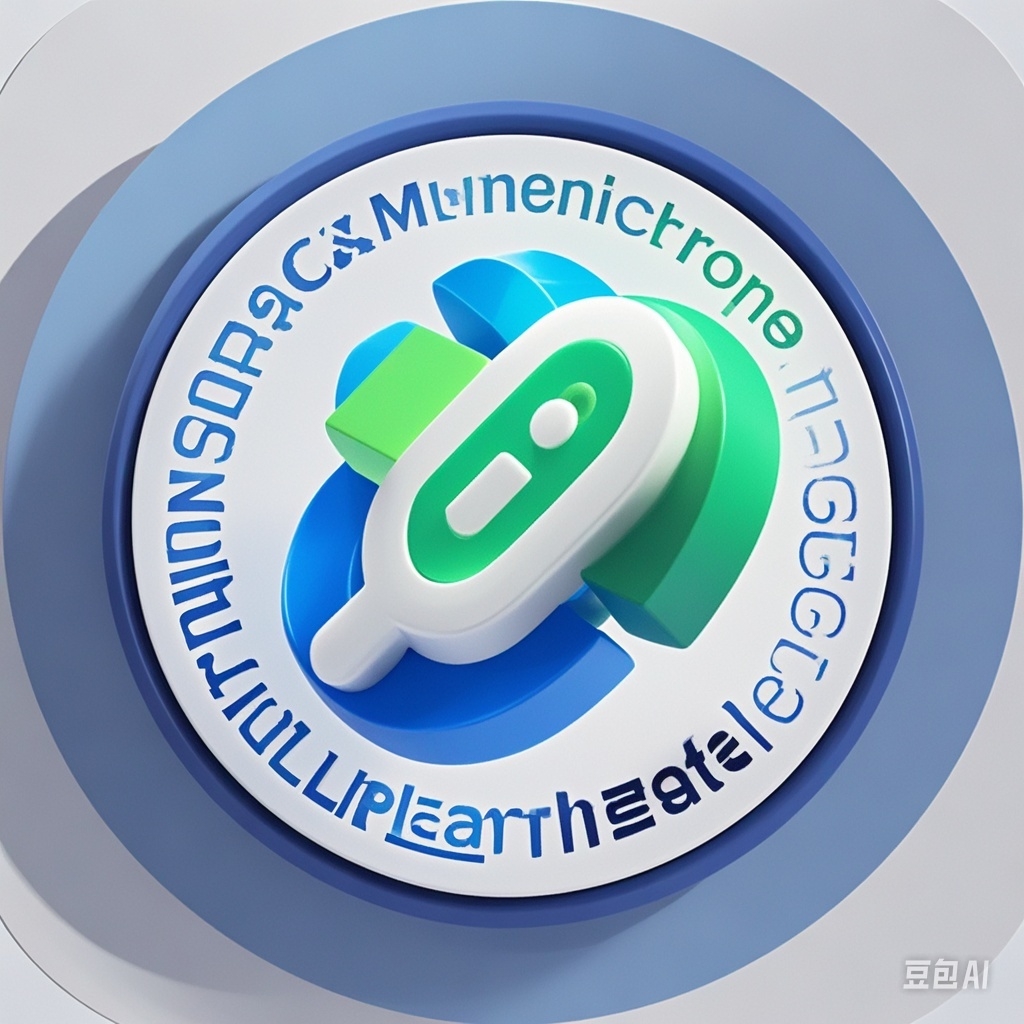获取结果失败,请稍后再试。

智能问答助手

结合文献知识库,保留通用大模型的能力,为您提供知识问答服务!
通用大模型
RAG知识库问答

Soil evaporation (SE) is a key component of regional hydrological balance, especially in arid areas. China has the largest area of apple orchards in the world, but the effects of mulching practices on SE dynamics and their controlling factors remain poorly understood in orchards using drip irrigation (DI). This study was conducted to address these issues by measuring SE, meteorological factors, soil temperature (ST), and soil water content (SWC) in young apple orchard under two mulching treatments during the growing season. Field experiments, which included three treatments-film mulching (FM) and maize straw mulching (SM), and clean tillage (TL) as a comparator-were conducted in 3-year-old apple orchard with DI in arid northwestern China. The results revealed that mulching significantly affected the daily SE dynamics of the young orchard (p < 0.05), and the daily mean SE under FM, SM, and TL treatments was about 1.3 +/- 0.5, 1.3 +/- 0.4, and 1.7 +/- 0.4 mmd(-1), respectively. No significant differences were detected in the daily SE between FM and SM treatments (p > 0.05), whereas the daily SWC in the four soil layers to 120 cm were consistently greater under SM treatment than under FM and TL treatments (p < 0.05). Compared to the TL treatment, the daily SE under FM and SM treatments was more susceptible to meteorological factors. Stepwise regression analysis showed that the daily SE of the young orchard was mainly controlled by the vapor pressure deficit, reference evapotranspiration and solar radiation, regardless of the treatment. However, there was no significant relationship between the daily SE and wind speed under TL treatment (p > 0.05). This study highlighted the significant differences in SE losses and SWC dynamics of the mulching treatments. Overall, SM is considered to be a more effective mulching practice for reducing unproductive SE and improving SWC status in young apple orchards with DI in arid and similar climatic regions.